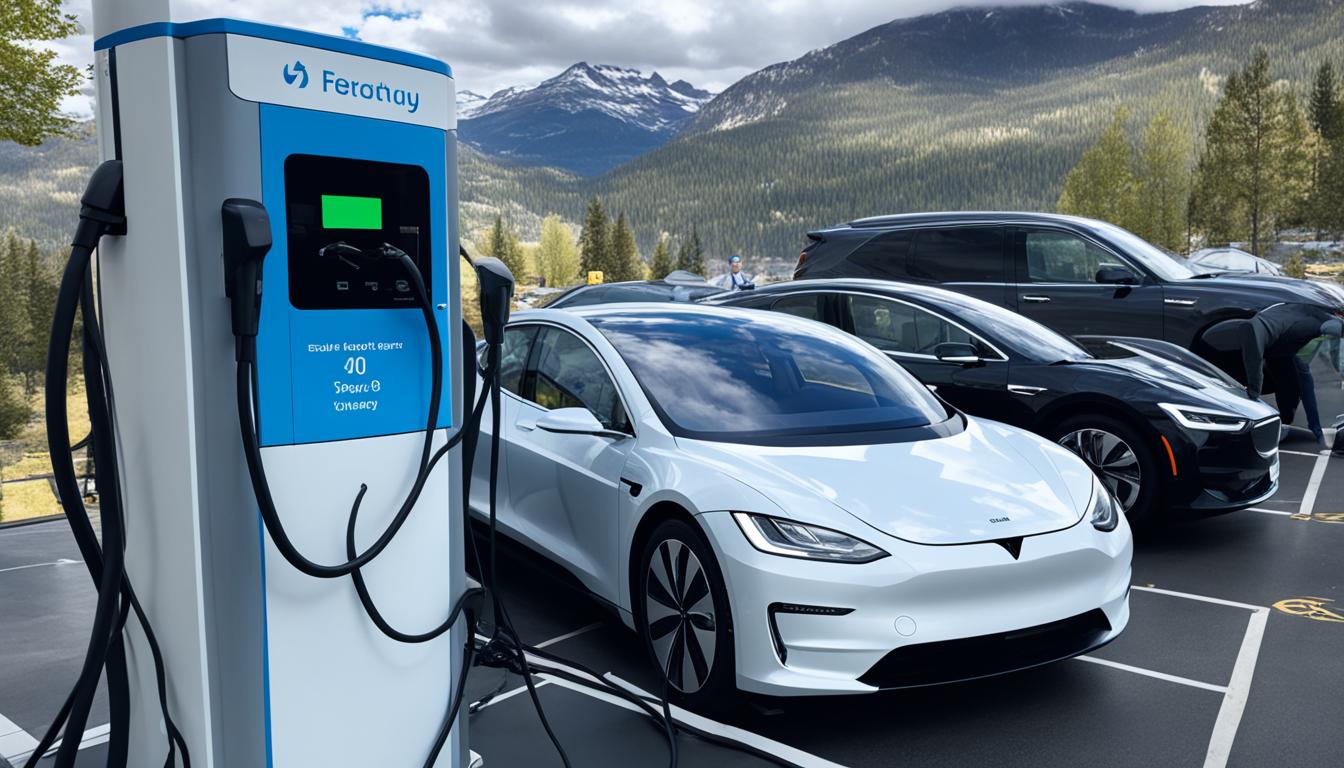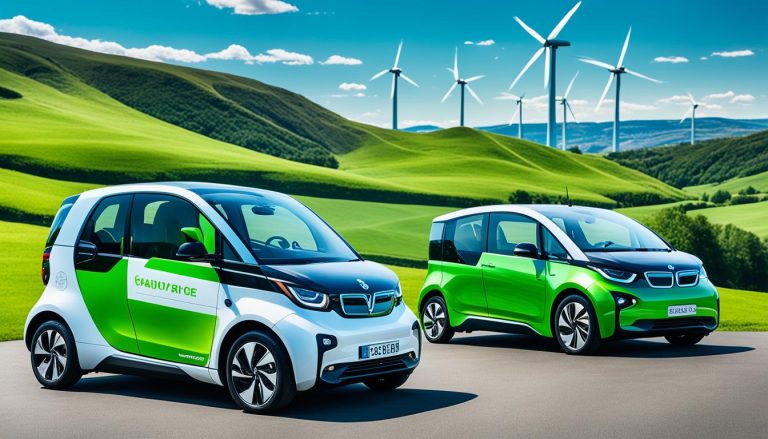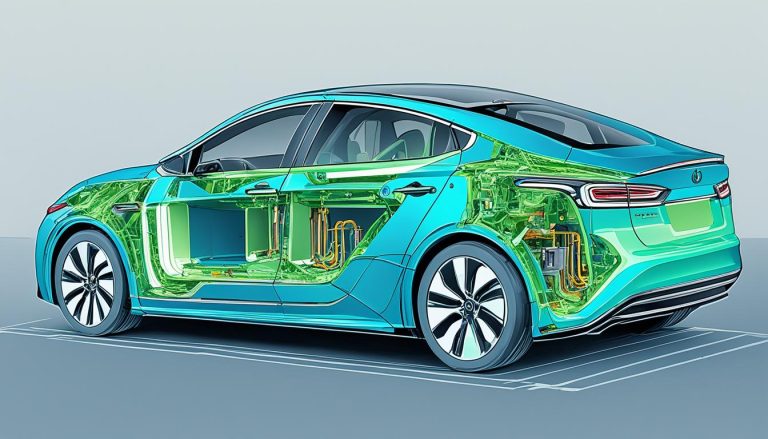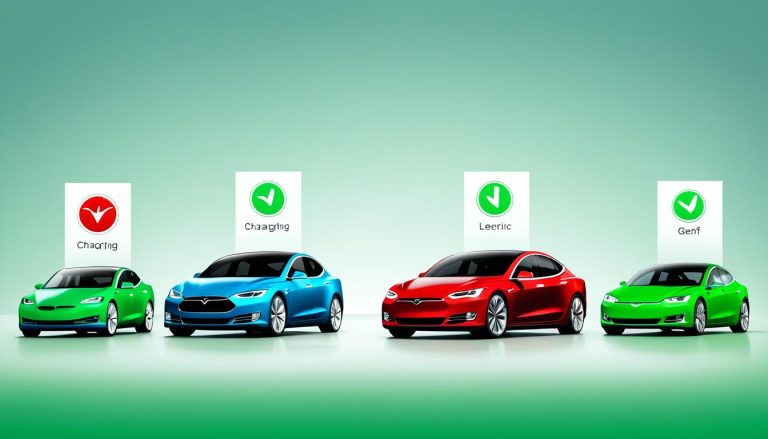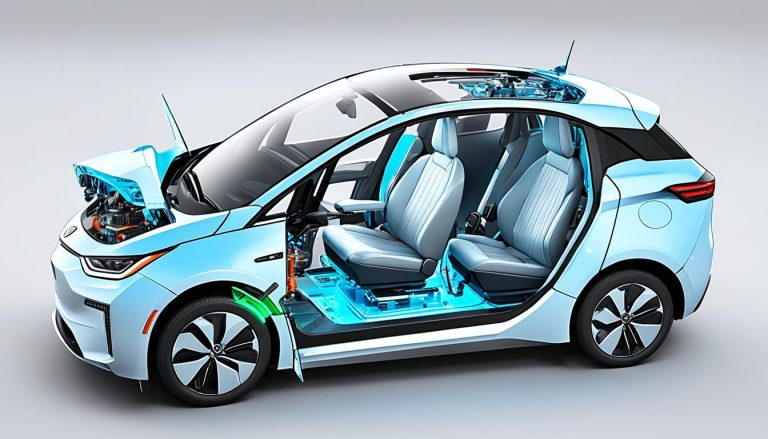How Long Do Electric Vehicles Last
Are you considering investing in an electric vehicle (EV) but wondering about its lifespan? In this article, we will dive into the longevity of electric vehicles and provide valuable insights into how long they typically last.
One of the critical factors that determine an EV’s lifespan is its battery life. EV batteries have come a long way in recent years, offering improved performance and durability. The average battery life of an electric vehicle can range from 8 to 15 years, depending on various factors.
However, it’s essential to understand that battery life can be influenced by several factors, including your usage patterns, charging habits, and environmental conditions.
Additionally, the overall durability of an electric vehicle goes beyond just the battery. Components such as motors, inverters, and electrical systems also contribute to the lifespan. Regular maintenance and proper repair procedures play a vital role in ensuring the reliability and longevity of your electric vehicle.
If you’re looking to maximize the lifespan of your electric vehicle, our upcoming sections will provide tips and recommendations on how to care for your EV and extend its longevity.
Understanding Electric Vehicle Battery Life
Electric vehicles (EVs) are becoming increasingly popular as environmentally friendly alternatives to traditional gasoline-powered cars. One important aspect to consider when owning an EV is the battery life. Understanding the factors that affect the lifespan of an EV battery can help you make informed decisions and take appropriate measures to extend its longevity.
An EV battery lifespan can vary depending on several factors. The first factor is the usage patterns of the vehicle. If the EV is driven long distances regularly or subjected to excessive acceleration and braking, it can put strain on the battery and reduce its overall lifespan.
Charging habits also play a significant role in the longevity of an EV battery. Frequent fast charging, which involves charging the battery to a high percentage in a short period, can lead to increased degradation over time. On the other hand, slower charging at a lower capacity can help preserve the battery’s health.
Environmental conditions can also impact the lifespan of an EV battery. Extreme temperatures, whether hot or cold, can negatively affect battery performance and longevity. It’s important to park and charge your EV in temperature-controlled environments whenever possible to mitigate these effects.
Another crucial factor is the quality of the battery itself. Different EV models may come with batteries of varying quality and durability. Researching and choosing an EV with a reputable battery manufacturer can help ensure a longer lifespan for your battery.
Finding the Right Balance
When it comes to managing the lifespan of your EV battery, finding the right balance between usage, charging, and environmental conditions is key. Here are a few tips to help you maintain your EV battery’s health:
- Drive mindfully and avoid harsh acceleration and braking whenever possible.
- Follow recommended charging guidelines provided by the manufacturer.
- Avoid frequent fast charging unless necessary, and opt for slower charging methods when possible.
- Keep your EV battery within the optimal temperature range by parking and charging in temperature-controlled environments.
- Regularly monitor and maintain the overall health of your EV battery through software provided by the manufacturer.
By understanding the factors that affect EV battery lifespan and implementing good practices, you can maximize the longevity of your electric vehicle’s battery. This will not only help you save money on battery replacements but also contribute to a more sustainable and efficient transportation system.
Examining the Overall Durability of Electric Vehicles
While the battery life of electric vehicles (EVs) is often discussed, it is important to consider the overall durability of these vehicles. EVs consist of various critical components, such as motors, inverters, and electrical systems, which can all impact their lifespan. Understanding the lifespan of these components and the importance of maintenance and repair is essential for ensuring the reliability and longevity of your electric vehicle.
Let’s start by examining the lifespan of the different components in an electric vehicle:
| Component | Average Lifespan |
|---|---|
| Motors | 10-20 years |
| Inverters | 10-15 years |
| Electrical Systems | 10-15 years |
As shown in the table above, these components generally have a lifespan of around 10-20 years, depending on usage, maintenance, and other factors. However, it’s important to note that proper maintenance and timely repairs are crucial for ensuring their longevity.
Regular maintenance plays a significant role in the overall durability of an electric vehicle. Scheduled maintenance tasks, such as checking and replacing filters, fluids, and other consumables, can help prevent issues and extend the lifespan of the vehicle’s components. Additionally, addressing any repairs promptly and using genuine parts can ensure optimal performance and reliability.
“Regular maintenance and timely repairs are crucial for ensuring the longevity and reliability of your electric vehicle.” – John Thompson, EV Maintenance Expert
In terms of reliability, electric vehicles have proven to be highly dependable. With a simpler drivetrain compared to internal combustion engine vehicles, EVs have fewer moving parts, reducing the chances of mechanical failures. Additionally, advancements in technology and improved manufacturing processes have led to increased reliability and durability across EV models.
By prioritizing regular maintenance, promptly addressing repairs, and choosing a reliable electric vehicle brand, you can maximize the lifespan of your EV and enjoy a dependable mode of transportation for years to come.
Tips for Maintaining the Durability of Your Electric Vehicle:
- Follow the manufacturer’s recommended maintenance schedule.
- Keep your electric vehicle clean, both inside and out.
- Check and maintain proper tire pressure regularly.
- Charge your EV using recommended charging practices to avoid overcharging or overheating the battery.
- Protect your EV’s battery by parking in shaded areas during hot weather.
- Stay informed about software updates for your electric vehicle to ensure optimal performance.

Tips for Extending the Lifespan of Your Electric Vehicle
To ensure the longevity of your electric vehicle (EV) and make the most of your investment, it’s important to follow some key maintenance tips and care for your EV battery. By adopting these practices, you can maximize the lifespan of your EV and enjoy its benefits for many years to come.
First and foremost, it’s crucial to follow good charging practices. Avoid frequent fast charging, as it can put additional stress on your EV battery and reduce its overall lifespan. Instead, opt for regular charging sessions at a moderate pace, allowing the battery to gradually reach its full capacity.
In addition to charging, maintaining the optimal temperature range for your battery is essential. Extreme temperatures, both hot and cold, can negatively impact the battery life. Parking your EV in shaded areas or using a carport can help protect it from excessive heat, while preheating the battery in cold weather can improve its performance.
Regular maintenance is another crucial aspect of preserving the longevity of your EV. Just like any other vehicle, EVs require periodic check-ups and servicing. Following the manufacturer’s recommended maintenance schedule for your EV will ensure that all components are in good working condition, helping to prevent any potential issues and extending the overall lifespan of your vehicle.

